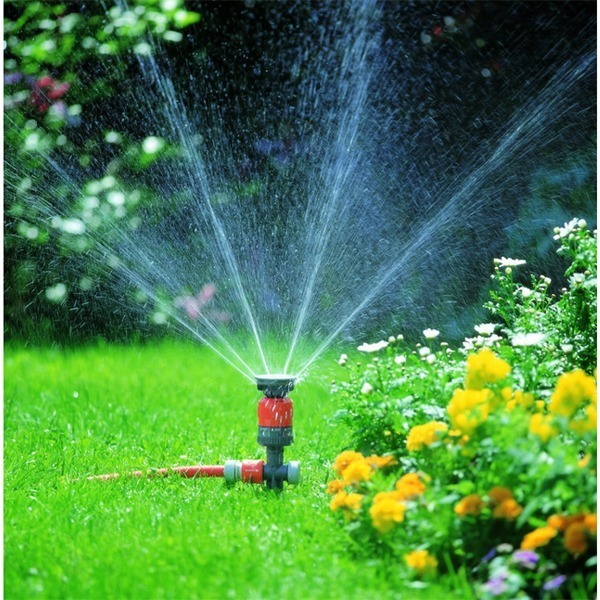4 Tips on Creating a Truly Eco-Friendly Garden

When it comes to the whole problem with the global warming, sooner or later everyone will realize that we have to do a lot more, even individually, to prevent a major catastrophe that is about to happen. But when it comes down to it, we are a particularly lazy species, and even though we are faced with inevitable threat, we are not so quick to make all the needed adjustments. For example, even switching from simple increscent light bulbs to a fluorescent kind has not happened everywhere around the world, which means that somewhere, people are spending energy inefficiently.
It might sound funny, but that is just a small example of how small things can influence the bigger picture. When it comes to taking care of our gardens, there are many thing we are still doing wrong. We spend too much chemicals and pollute the soil, we use excessive amounts of water, or the total opposite – we simply don’t care about our gardens. But, what can be done to truly create an eco-friendly garden? We’ve made a few notes for you to remember.
1. Do Not Be Wasteful
This is what being green is all about. Just look at nature, nothing is wasted there, everything has its purpose, and once nature is done with it, it is used again and again, in one form or another. Humans, on the other hand, are not as clever. Humans throw away so much food each year with which we could easily solve world hunger once and for all. The clear solution to this is to think about everything that you do and eat more carefully; the next time you see a banana go brown, do not throw it away – use it to make compost, and all the kitchen scraps can be used for that purpose as well. Composting is adding nutrient rich humus that plants would later use to grow and develop. This is also done to restore depleted soil so that it returns to its normal state.
2. Do Not Be Harmful

The next important thing to know is that you should try and do no harm to the existing ecosystem that already exists in your garden. Sure, you are going to arrange it the way you want it to look, but do not use chemicals or other kinds of unnatural fertilizers that can pollute nearby water, rivers and ultimately – oceans, and even damage the plants that naturally live there. Pesticides and herbicides, usually do more harm than good, and there is certainly a better way to achieve weed-free garden – use your hands and physically remove them. By creating this eco-friendly habitat, you will create a suitable place for many organisms to live and thrive, both under and above the ground.
3. Eco-Friendly Can Be Pretty Too
Once you’ve prepared everything, you will need to carefully select the plants that you will use for your garden. The best thing would be to use native plants and flowers, because those are already accustomed to your type of climate and specific regional conditions. They will require less care and water to grow, while they will be beneficial for the local habitat. Plant a tree – it will not only produce oxygen for you, but it will also provide you shade, housing for the birds, and not to mention a few tasty apples if you choose to plant an apple tree. Use natural pebbles or rocks or other kinds of decorative aggregates for additional aesthetic effects, as they can create walkable paths and emphasize certain areas, creating the effect you want.
4. Water with Care

Water is an especially touchy subject, especially if you are used to turning on the garden sprinklers whenever it is too hot outside. Remember that some regions of this world are still struggling with clean, drinkable water, and you are wasting it. Altering your habits might save a lot of water, especially during hot spells in the summer. More compost the soil has, the more likely it is to keep all the vapor inside, and prevent further evaporation. Soaker hoses use much less water than sprinklers during the summer and provide you with the same results, as each and every drop is directly transferred to the ground, without having time to be evaporated by sun or carried away by wind. Having an eco-friendly garden is not hard as people might think, and the effect it will have is small, but if everyone does it – it will quickly add up.



0 Comments
Recommended Comments
There are no comments to display.